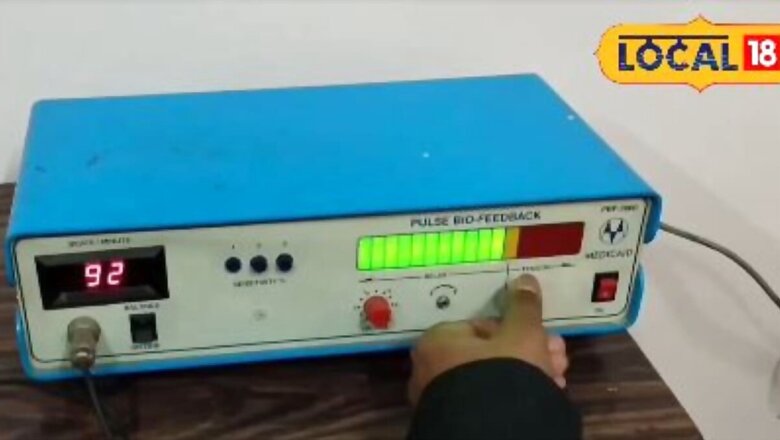
views
The Kolkata rape and murder case has outraged the entire country. While a polygraph test was conducted on the main accused who is under arrest, it raises the question whether this test can actually detect lies. There are other questions about this test in peoples’ mind as well. Commonly known as the lie detector test, it needs to be seen whether polygraph tests can actually ascertain if a person is lying or not.
Professor Sanjay Kumar, the Head of Department of Psychology at Chaudhary Charan Singh University has tried to explain the science and process behind polygraph test.
Sanjay Kumar said that the polygraph test is a scientific technique which measures the physical and psychological response of a person while answering questions. This test is especially used in judicial and criminal investigations where it is important to check the veracity of the person.
What is The Procedure for Conducting Polygraph Test?
Once set up, the person is asked a series of questions which can range from generalized ones like, “Is your name ‘XYZ’?” to specific ones, like “Did you participate in this event?” Physical reactions are recorded during the person’s responses. When a person speaks the truth, their physical reactions are constant, whereas if they are lying, the reactions change.
The purpose of a polygraph machine is to catch the natural reactions of the person’s body when he is lying (e.g. stress, nervousness) but, it is important to note that the polygraph machine cannot directly determine whether the person is lying or speaking the truth. It can only analyze the physiological responses, which could be a sign of lying. While some can speak the truth, even under stress, some can remain stable even when they lie.
In India, the use of a polygraph test is limited by law. It cannot be used in court without the consent of the person. Also, it is not accepted as the only evidence in court. The Supreme Court ruled in 2010 that no person can be forced to undergo narco, brain mapping and polygraph tests against his will. This can only be done on the basis of consent and can be treated as supporting evidence.
Rules and Regulations of Conducting Polygraph Test
In India, the usage of polygraph test is limited by law. The results cannot be used in court without the consent of the person. Also, it is not accepted as the only evidence in court. The Supreme Court ruled in 2010 that no person can be forced to undergo narco, brain mapping and polygraph tests against their will. This can be done only on the basis of consent and can be treated as supporting evidence.
A polygraph test requires the written consent of the individual. The results of the test can be used as supporting evidence in a court of law or other investigation, but are not considered conclusive evidence.
Meanwhile, on Sunday CBI officers conducted the polygraph test on Sanjay Roy at Kolkata’s Presidency Jail where he is currently lodged. This was in connection with their ongoing probe into the rape and murder of a woman doctor of state-run RG Kar Medical College.
The CBI also searched various places in connection with its probe into the alleged financial irregularities in the hospital.
The central agency officers also conducted polygraph tests on a couple of others at their Kolkata office, an official said, adding that the test on Roy was over after around four hours.
Four persons including former principal of the RGKMCH Sandip Ghosh underwent the polygraph test on Saturday.
The CBI sought permission from a local court in Kolkata to put seven persons including Roy and former principal of the RGKMCH through the lie-detector test. Though the test cannot be used as evidence during the trial but findings give the agency a direction for the further probe.
A team of polygraph specialists flown to Kolkata from the Central Forensic Science Laboratory (CFSL) in Delhi conducted the tests.




















Comments
0 comment